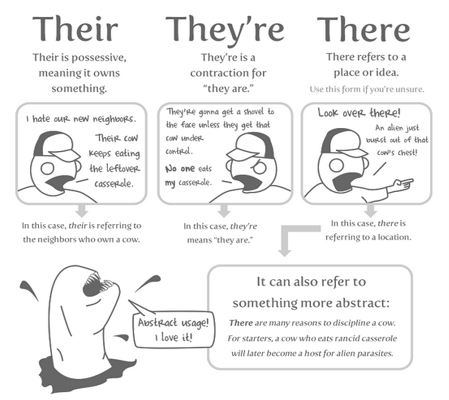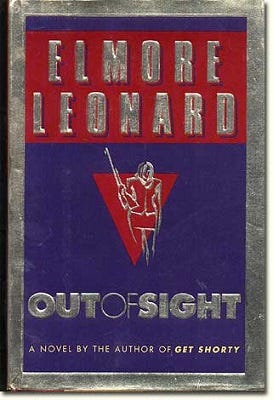Paul Whybrow
Full Member
In full dither mode, as I avoid studying helpful articles about self-promotion, querying and Amazon, I've been re-reading short stories and novellas that I wrote in 2013 and 2014.
I haven't looked at them for three years since I uploaded freshly edited versions with new covers onto Amazon and Smashwords. It's been an enjoyable experience, like catching up with friends I haven't seen for a while.
My writer's eye also spotted preoccupations, recurring themes in my stories, that I wasn't totally aware of while creating them. I edited out a load of wordy garbage, which I missed in 2015. It's satisfying and embarrassing to strike out twenty-four words and say what I meant in just five words!
One tricky dilemma that I wrestled with back then, still bothers me a bit...the use of there's and there're. It's discussed in this thread on the English Language & Usage Stack Exchange website:
Is "there're" (similar to "there's") a correct contraction?
As one contributor says, strictly speaking, there's, for there is, shouldn't be used when referring to a plural, yet in everyday conversation people commonly say it. They also make an elision of there are dropping the letter a and turning it into there're—but somehow that word looks wrong in print!
I previously pondered the pain of contractions in an old thread and the tussle between being grammatically correct and making our characters sound believable continues. I've found there're used in only a few novels that I read this year, usually recently published crime stories. In my own writing, I've sometimes used there're in speech, especially if the speaker expresses themselves colloquially. I wouldn't use it in the narrative where I'm describing a series of events.
It's a neurotic writer quandary to have, but what do you think?
Are there any contractions that bother you?
Eek! I'm adding to the existing confusion over their, there and they're...

I haven't looked at them for three years since I uploaded freshly edited versions with new covers onto Amazon and Smashwords. It's been an enjoyable experience, like catching up with friends I haven't seen for a while.
My writer's eye also spotted preoccupations, recurring themes in my stories, that I wasn't totally aware of while creating them. I edited out a load of wordy garbage, which I missed in 2015. It's satisfying and embarrassing to strike out twenty-four words and say what I meant in just five words!
One tricky dilemma that I wrestled with back then, still bothers me a bit...the use of there's and there're. It's discussed in this thread on the English Language & Usage Stack Exchange website:
Is "there're" (similar to "there's") a correct contraction?
As one contributor says, strictly speaking, there's, for there is, shouldn't be used when referring to a plural, yet in everyday conversation people commonly say it. They also make an elision of there are dropping the letter a and turning it into there're—but somehow that word looks wrong in print!
I previously pondered the pain of contractions in an old thread and the tussle between being grammatically correct and making our characters sound believable continues. I've found there're used in only a few novels that I read this year, usually recently published crime stories. In my own writing, I've sometimes used there're in speech, especially if the speaker expresses themselves colloquially. I wouldn't use it in the narrative where I'm describing a series of events.
It's a neurotic writer quandary to have, but what do you think?
Are there any contractions that bother you?
Eek! I'm adding to the existing confusion over their, there and they're...






